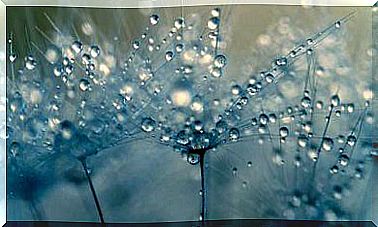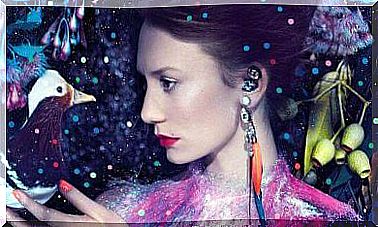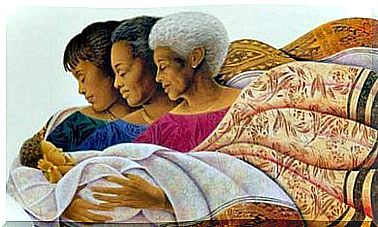Synchronicity, The Curious Science Of Coincidences

“The world is an egg” or “What a small world!” these are expressions that you have certainly used or heard at some point. These expressions are used when a coincidence situation occurs. A surprise encounter with someone you know in a city other than your own can be an example of coincidence. But what if we knew that this actually has to do with a science called “synchronicity”?
As incredible as it may seem, important researchers have studied and tried to identify the relationships that may exist between two phenomena rated as very unlikely or that seem to have no connection at all. And it wasn’t very unknown names that tried to give some explanation for these events. We can speak of renowned people, like Carl Jung, for example, who invented the term “synchronicity”.
What is synchronicity?
We sometimes think that the universe is sending us signals when coincidences happen that are very surprising. However, for Jung, it was simply synchronicity, which could be defined as the simultaneity of different events linked by a sense other than coincidence .
That is, we can summarize this singular science in a temporal coincidence of a series of events (two or more) that, despite being related to each other, are not influenced by each other. However, there is a content relationship.

To try and make this easier, imagine you have a good friend. One day, talking to your father, you tell him about this friendship and tell him your name, who your family members are, etc. So, out of nowhere, your father realizes that your friend has a distant family relationship with yours, because your friend’s grandfather and grandmother were second cousins.
Let’s note in the example that the fact that you and your friend are distantly related has nothing to do with your friendship or how it happened. However, there is a relationship of content, but not coincidence.
More curious details about synchronicity
Many authors have studied or talked, even without knowing it, about this peculiar science. For Friedrich Schiller, for example, chance arises from deep sources, so coincidence does not exist. However, the surrealist André Bretón considered the existence of objective chance, when his desires converge with what the world offers.
However, according to Jung, when we speak of synchronicity, we are referring to the union of internal and external events. Thus, the individual who experiences certain events finds meaning in the unification of both.
Although we go to metaphysics to justify these events, such as chance or luck, including magic, in reality they would happen in the form of unconscious attraction. An unconscious attraction that makes things happen, at least as far as Jung is concerned. This brings us to pattern recognition.
That is why this author’s theory, which is born from psychoanalysis, clashes with rationalist and materialist movements. However, the famous psychologist established more or less favorable times for the appearance of synchronicities. .
Pattern recognition
It should be noted that Jung established synchronicity or occurrence as a search for recognizable patterns. For this reason, according to the psychoanalyst, phases after the death of loved ones or changes in work cause greater energy for coincidence. All of this is due to the changes brought about in us after these situations, which lead us to search for recognizable patterns that give meaning to our search. So this impulse of recognition that we all seem to have is the basis of synchronicity.

According to some studies, in moments of high amount of dopamine in the brain, in case of stressful situations or of great emotional depth, we tend to think magically. However, this magic, which would be coincidence, is actually synchronicity.
However, the need to search for patterns should not be overlooked. This is something natural that we have had in the human mind since the time of the caves. Furthermore, this type of thinking is linked to anhedonia, the absence of which could lead to the inability to feel pleasure. That is, this is actually a skill that has helped us survive for thousands of years.
So don’t think about the madness of coincidence and accident. We are prone to look for patterns, and on many occasions our brains deal with this information unconsciously. However, it is a valuable mechanism that helps us make decisions. Maybe the magic of coincidence doesn’t exist, but it can be nice and useful to think so.







